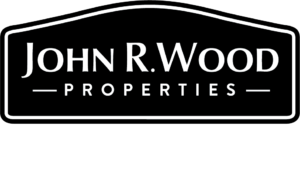Buying a home may seem like a relatively straightforward process, however, there are dozens of variables in any transaction that can make homebuying quite complex. Being prepared and organized makes the process that much easier and more enjoyable. Here are some steps to take before beginning your search:
1. Choosing an Agent
Choosing an advisor to guide you through a transaction is as important as buying a home. You should conduct interviews, seek referrals and research the company as well as the individual. While it’s important to ask a number of questions relating to their experience and routines, it’s also important to listen for the questions they ask you to get a feel for if they’re really intent on understanding your needs. Experience in your preferred neighborhood and/or style of home is important, but so is the comfort level between agent and client because buying a home is a highly personal experience. Ultimately, you only work with one agent, so it should be someone you like, trust and respect and who feels the same way about you.
2. Getting Pre-Approved for a Mortgage
In today’s home buying environment, a mortgage pre-approval is not only essential; it is also incredibly easy to obtain — whether online, over the phone or in-person. A mortgage pre-approval lets you know exactly what you can afford to buy. It also demonstrates to a seller that you are willing and able buyer. And it gives you a head start in getting an actual loan commitment.
3. Creating a Wish List
Almost every home purchase involves some degree of compromise, which is why it is important to prioritize your wants and needs before your search. There are many variables to think about depending on your lifestyle, budget and future plans, but some universal considerations include:
Location: Naples offers many great communities each with its own character. Consider the factors that are important to you, such as schools, transportation and amenities, like restaurants, shops and parks. Here are some ways to research an area you’re considering: Tap local resources like the Chamber of Commerce, which can provide information about area businesses and community events; seek out neighborhood residents and get their opinion about where they live; drive or walk through the community at various times of the day and evening; leverage your agent’s expertise in the community.
Type of Home: A great diversity of housing exists within Naples: single-family homes, condos, villas (detached and attached), carriage homes, high rises, mid-rises and low-rises, new construction. You probably have a preference for a certain style of construction. Weigh the pros and cons to narrow your focus.
Features and Amenities: Garages, hardwood floors, pools. In the end, these are the kinds of details that drive the decision to purchase one home versus another. In creating this list, some things to consider are resale value, your daily routine, and the cost of making changes or additions down the road.




